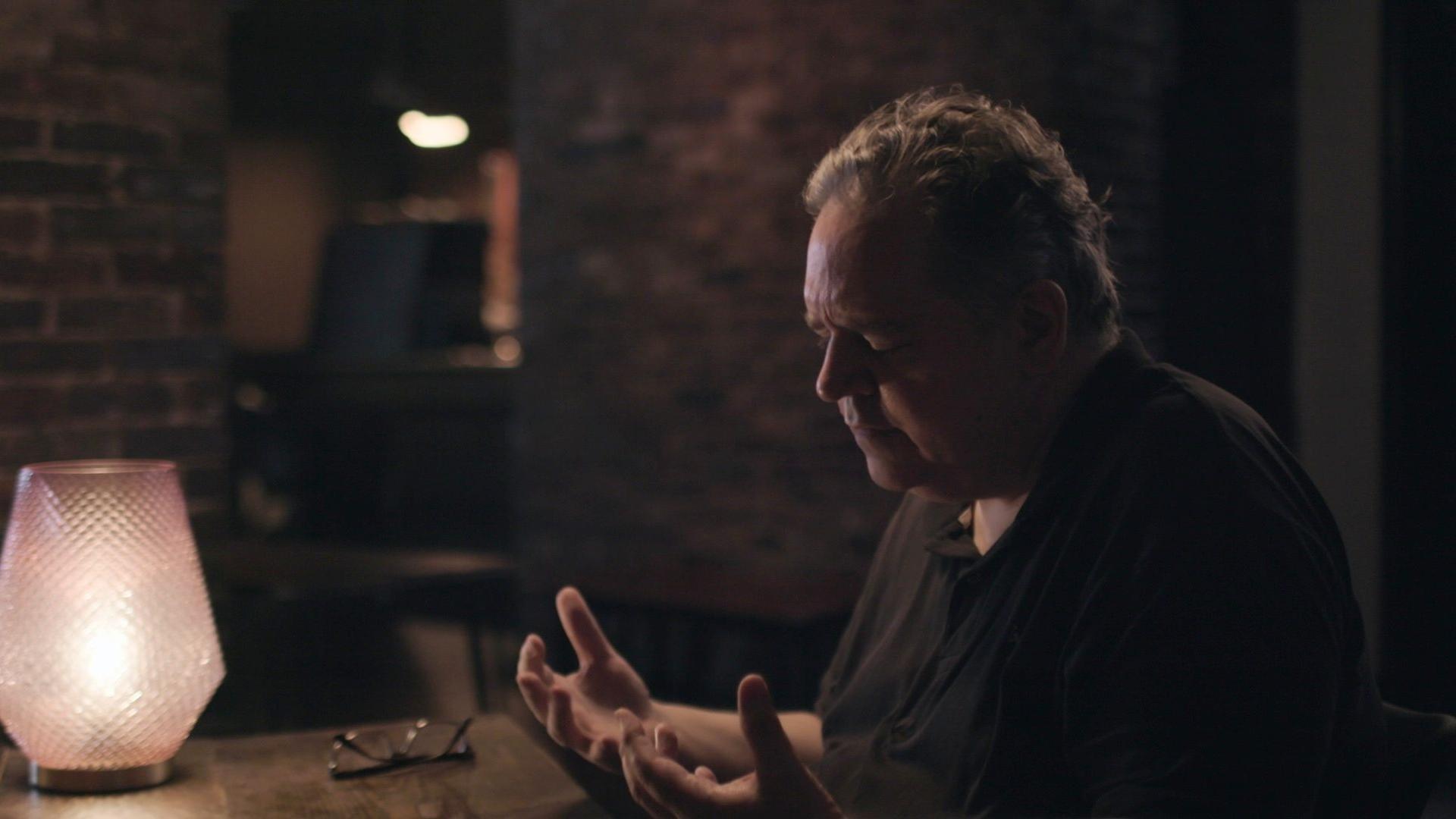
Look Into My Eyes
A group of New York City psychics conduct deeply intimate readings for their clients, revealing a kaleidoscope of loneliness, connection, and healing.
Brent Marchant@Brent_Marchant
Psychic ability is a subject that often mystifies yet captivates many of us. It’s also a topic that’s frequently misunderstood and comes with a lot of distorted, uninformed baggage in need of serious clarification. Those looking to be enlightened about it, however, are unlikely to come away from director Lana Wilson’s documentary on the subject with much new or profound insight. The film profiles seven New York City psychic professionals through conversations with these individuals and footage from sessions with some of their clients. Regrettably, though, this overlong offering is in serious need of being trimmed and recut. Much of the material becomes redundant and tedious as the film progresses, and the picture frequently focuses on the wrong content. Many of the client sessions, for example, are abruptly cut short just as they’re starting to get interesting. In addition, the interviews with the psychics are at their best when they wax philosophically about the nature of this phenomenon (particularly when discussing how they became involved in this practice, often through artistic, healing and self-acceptance avenues), but there’s not nearly enough of these fascinating metaphysical musings. And then there’s a potentially intriguing collective gathering involving all seven psychics that, sadly, receives woefully short shrift, again getting clipped just as it’s becoming engaging. Instead of more of what works best in the film, viewers are left with numerous easily eliminated pregnant pauses, often-superfluous descriptions about everyday aspects of the psychics’ personal lives and overly repetitive discussion of subjects addressed in the session material (especially those involving the work of a pet psychic, an intriguing but vastly overused narrative element). “Look Into My Eyes” could have been a genuinely revelatory, insightful examination of this subject, but the filmmaker has not made the most of that golden opportunity. Instead of providing audiences with a meaningful, articulate look into the subject matter, viewers are left with a meandering, unfocused treatment of a topic that could be valuable and impactful to many of us – and that truly deserves better handling than what’s presented here.
